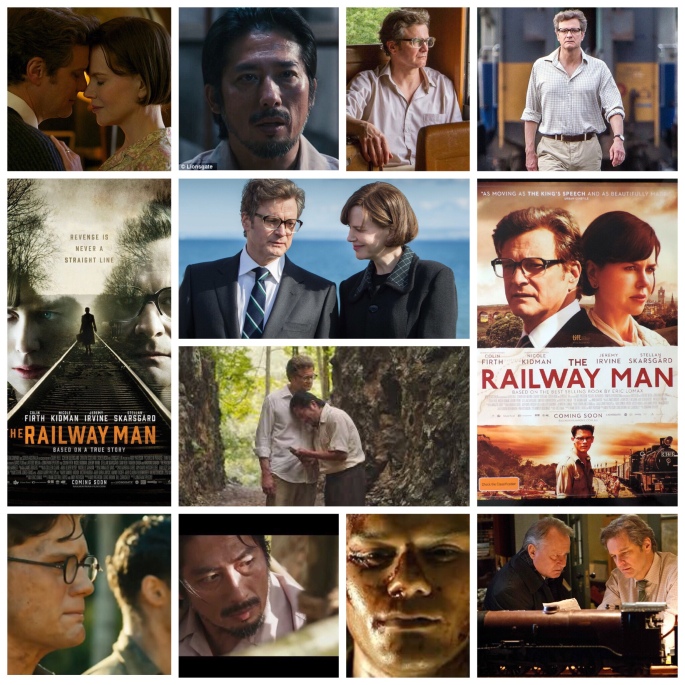
What’s something you can find on a nazi warship that’s worse than nazis themselves? Well a group of allied castaways find out exactly what when they drift into the path of a deserted one in Blood Vessel (amazing title) a super fun, super old school, kinda low budget but enthusiastic B horror flick that I really enjoyed. As a stranded life raft from a torpedoed sub approaches a giant derelict boat, the survivors are seemingly saved until they board the craft, find it curiously deserted and discover what is lurking deep below deck, waiting to hunt them. It seems the nazis were transporting several caskets from Romania containing immortal creatures known as Strigoi, which are basically vampires with a lot more snazzy magic powers backed up by a lot more specific backstory lore. The minute these things wake up it’s game on as they discover these new people in their vicinity and begin to viciously take them out. The allied group is a surprisingly varied bunch including a cowardly Brit, an enthusiast Aussie, an American battle surgeon and an Eastern European badass who has survived all kinds of gnarly stuff and has the scars to prove it. They are all very well acted, written and have distinct, unique anthropological personas and angles which isn’t something you find in every horror flick about a bunch of folks who are essentially cannon fodder for vampires. The creatures themselves are very cool, designed with practical prosthetic effects, all exaggerated ears, accentuated fangs and acted with snarling vivacity by those under all that awesome makeup. What’s more is they aren’t just an animalistic horde either, they’re an ancient, evil aristocratic family complete with a young daughter Strigoi who is just as deadly as mom and dad, it’s a cool family dynamic. There’s gory showdowns, subtle sociopolitical banter amongst the human characters, well drawn arcs and loads of spooky, smoky, eerie abandoned boat atmosphere full of beautifully saturated Argento-esque lighting and gorgeous frames filled with gothic eye candy. A solid horror, streaming now on Shudder.
-Nate Hill





